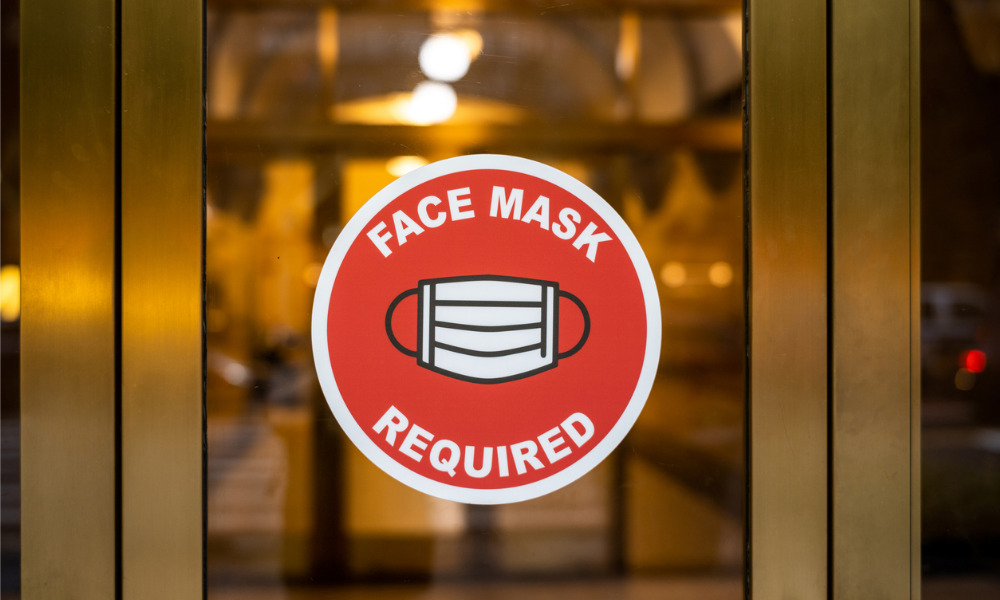
Court of Appeal recognized that self-represented accused was misled on timing

The Prince Edward Island Court of Appeal has granted a self-represented litigant an extension to file a leave to appeal his conviction for causing a disturbance from an outburst and refusing to wear a mask.
In R. v Allison Carver, 2022 PECA 4, Allison Carver arrived at the Provincial Court in Charlottetown to appear before a provincial court judge. At the entrance, he was asked by a deputy sheriff to wear a mask due to COVID-19 restrictions. However, Carver grew agitated, used profane language, yelled, and swatted away the box containing masks offered to him. He eventually left without being permitted into the courthouse.
Carver was charged and convicted with causing a disturbance. His sentence was suspended and he was placed on probation. Carver appealed both the conviction and the sentence to the Summary Conviction Appeal Court (SCAC), but his appeal was dismissed. Carver filed a notice for leave to appeal, which was out of time.
Overlooking several errors, the appellate court granted Carver an extension to file for leave to appeal.
The appellate court found that Carver had a bona fide intention to appeal, since “ultimately, and through no fault of his own, Carver was misled as to the prescribed time period.” The advice he received was erroneous, as it pertained to the civil appeals and not criminal appeals, said the court.
As a self-represented litigant, the appellate court also noted that “Carver is not skilled in articulating his problem in legal terms.” His oral representations were often unfocused and irrelevant, and his grounds of appeal also appeared to be a verbatim repetition of those raised before the SCAC, said the court.
Nevertheless, the court found that Carver’s first three grounds of appeal on the interpretation of “disturbance,” finding of disturbance, and misapplication of the Criminal Code warranted, at the very least, consideration if it met the test for leave.
However, the court found that his other grounds on abuse of process, charter, and sentence were all without merit.
“The court has a constitutional right to govern its own proceedings and that includes the right to require masks to be worn during a pandemic,” said the court. “The Sheriffs did nothing wrong as they were merely following the direction of the court.”
Ultimately, the appellate court concluded that it was in the interest of justice to grant the extension of time to Carter, as a self-represented litigant who tried to find counsel and struggled to file proper documents.